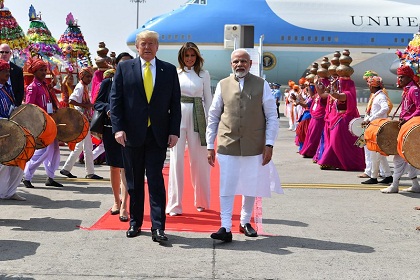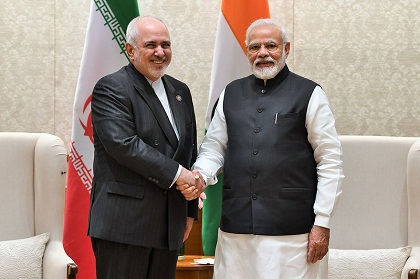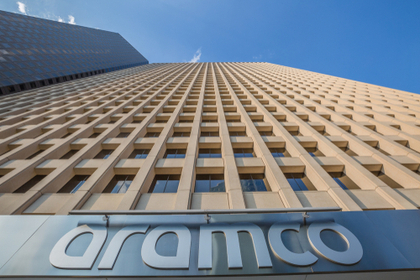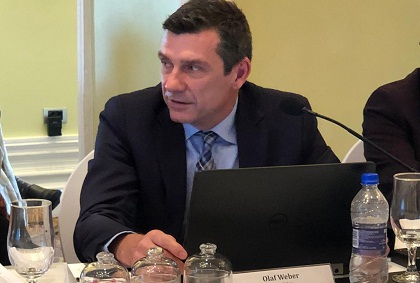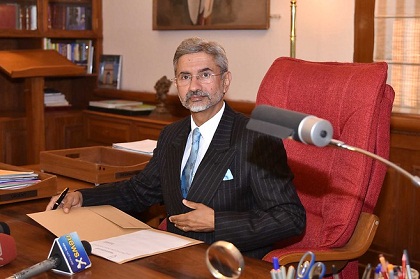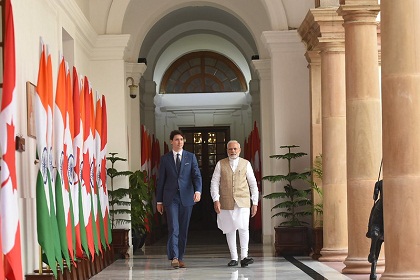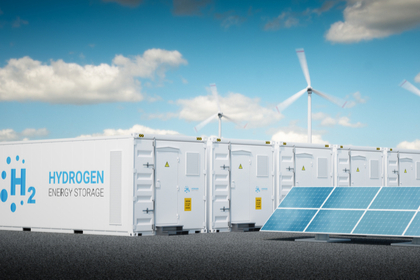Deepening bilateral ties
The outcome of the U.S. presidential elections could have a significant impact on the deepening Indo-U.S. bilateral. The partnership has grown substantially in the last two decades resulting in a deepening of economic and strategic relations. Defence dominates the strategic partnership and also stimulates the economic engagement. The newly signed BECA agreement is a testament to this. The next U.S. administration's policies will be critical for India, given repeated Chinese incursions into Indian territory on the Line of Actual Control at the border, the U.S.-China rivalry and China's ambitions to dominate Asia. Gateway House has an extensive repository of primary research, analysis and reporting on the Indo-U.S. bilateral, addressing issues such as trade, technology exchange and defence cooperation.

